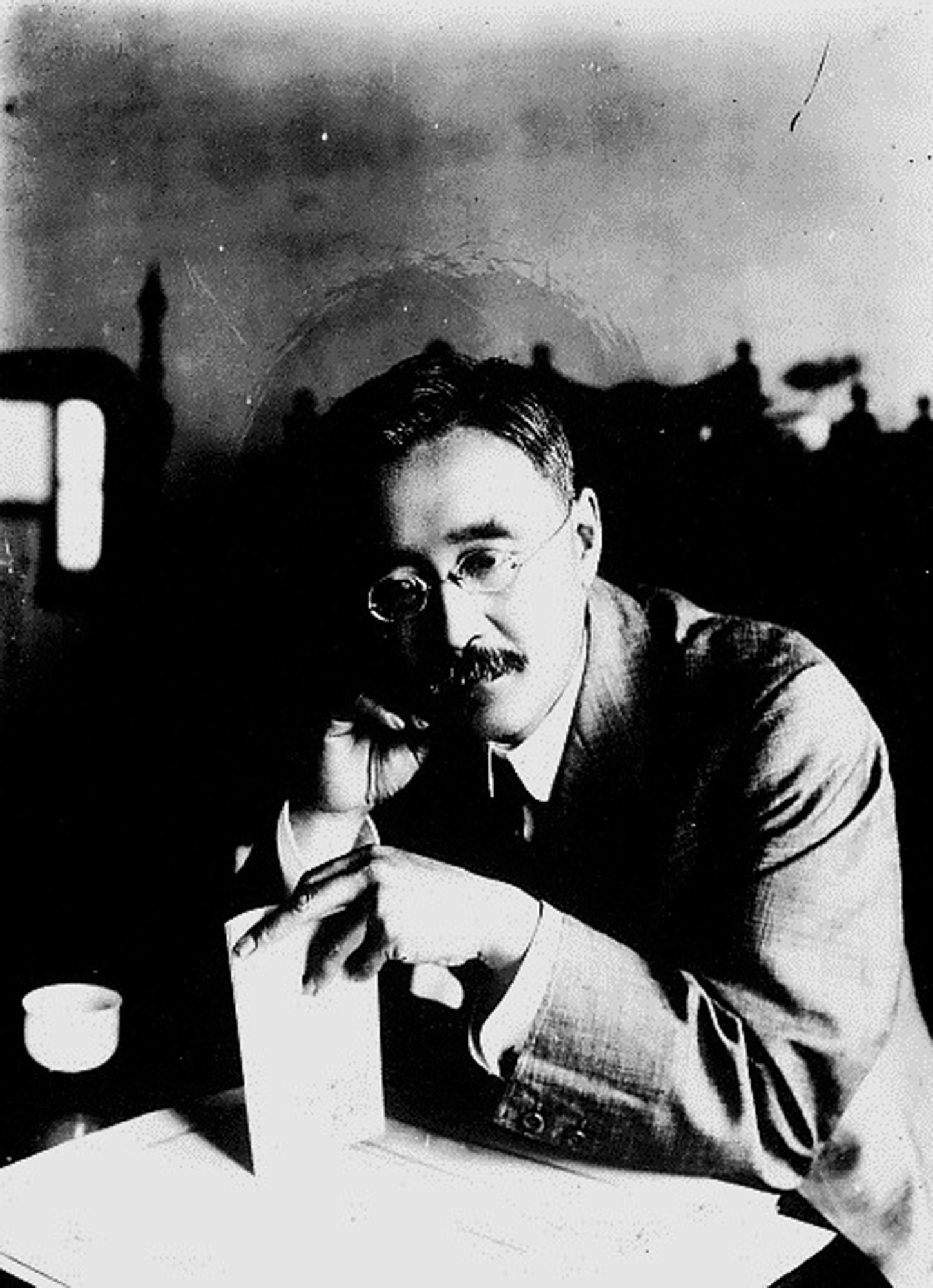Every age breeds its own morality. One era's good is another's evil. Today's virtue is tomorrow's vice, today's wisdom tomorrow's stupidity, today's sanity tomorrow's madness.
For 700 years, from the late 12th to the mid-19th centuries, Japan's highest ideals were embodied in the samurai. Unflinching courage, unshakeable loyalty, murderous proficiency with the sword, a serenity in the face of death that to a modern eye can seem macabre, with its culminating ideal of agonizing self-disembowelment — such are the distinctive features of what came to be known as Bushido, the "way of the warrior."
One doesn't know whether to be awed or appalled by the following story, told by Nitobe Inazo in his English-language classic "Bushido: The Soul of Japan" (1900):



















With your current subscription plan you can comment on stories. However, before writing your first comment, please create a display name in the Profile section of your subscriber account page.